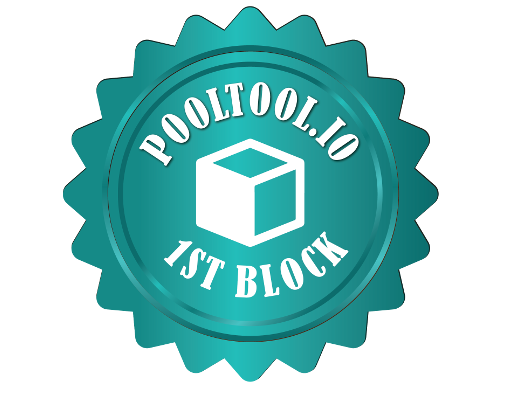
|
Home page |
950,486 Visitors, Tuesday 27 January 2026 17:45:45 CET, IP: 216.73.216.138 |
Thank you for coming here! The AnFra.io website is still under construction as I am focusing on the infrastructure that does the real work.
In the mean time, I will maintain this simple page on this personal website (created from scratch in 2001) where you can also see the different projects I've been developing with very high reliability for a very long time.
My style is about resilience, security and reliability. I hate bullshit.
I'm a self-taught full stack engineer: I've developed software used by millions of people (like some very famous and successful World of Warcraft add-ons).
I'm currently developing a high availability software to monitor and manage a Cardano block producing node and its relays fully automatically which will guarantee maximum uptime.
This software is being written in Scala and Akka's typed actor model in functional programming style and will be deployed as an Akka-cluster application capable to move the block producing node on a different server automatically.
I've started working on this software from scratch in May 2020 and like all things well done, it takes time but it's coming along very well. Quality is my top priority.
As of now the nodes are being carefully monitored and automatically restarted (but cannot be moved around servers yet), the basis is already solid but many things remain to be done for ANFRA to become fully antifragile. So that's why you didn't land on a 3.0 web page with bells and whistles but don't worry, this will come once the most important parts are complete!
A few miscellaneous important things :
AnFra has three relays currently hosted in 2 different locations, all of them in France for now.
My main personal values are freedom, truth and evolution.
The ANFRA high availability system I am developing will be made open source at some point in the future once it will have reached enough maturity.
By delegating to my pool you help to decentralize the Cardano blockchain while helping me gain more independence and more time to use my skills to benefit the whole community (like this acclaimed forum post about memory optimization for the Cardano node software).
We made our first block on August 23rd 2020 at 5:51:30 am UTC:

I want to express my thanks to the anonymous delegators who put their faith in AnFra! Your support and patience means a lot to me!
Be the most resilient and optimized Cardano Staking Pool.
AnFra made 100% of the blocks it was assigned.
AnFra was chosen by the Cardano Foundation from epoch 232 through 239 (40 days) to be part of the 3rd round of its delegation program. This gave us a temporary 15M stake increase ensuring we could demonstrate our ability to reliably create blocks. AnFra succeeded to forge all the blocks it was supposed to during this period.



Note that you need to stake for several months in order to see the expected rewards. You should not trust Daedalus rankings as they favor pools making blocks every epoch disregarding long term rewards. (One should look at the Lifetime ROS metrics available on PoolTool.io, ADAPools.org or CardanoScan.io instead)
Long streaks of epochs without block can happen for pools with less than 1M Ada in stake, this is statistically normal. The estimated block per epoch metric is to be considered over a long period of time. Patience is key.
The Assigned Performance metric available on PoolTool.io shows you that the pool is running normally and that, as of writing, no block were ever missed.
Check that the pool ID matches one of the two possibilities below when you choose to delegate to ANFRA
ANFRA's pool ID as seen on PoolTool.io, ADAPools.org and CardanoScan.io:
ANFRA's pool ID as seen in Daedalus (Bech32 encoding):

(click to open image in a new window at full size)

(click to open image in a new window at full size)
Dev is till going on and now the cluster is up and nodes are aware of each others as can be seen in the second screenshot above. The next step is to implement the automatic switch of the producer node to another server in case the main one is lost (the idea will be to have a spare server always running a second node also in producer mode and shut it down before each assigned block only if the main server is functioning properly).
 
Previous page - Next page This page has been seen 59,462 times ; last update: Fri Aug 30 19:17:01 2024 Copyright © 2001 - 2026 All rights reserved. All trademarks and registered trademarks mentioned on this website are the properties of their respective companies. Privacy Policy |